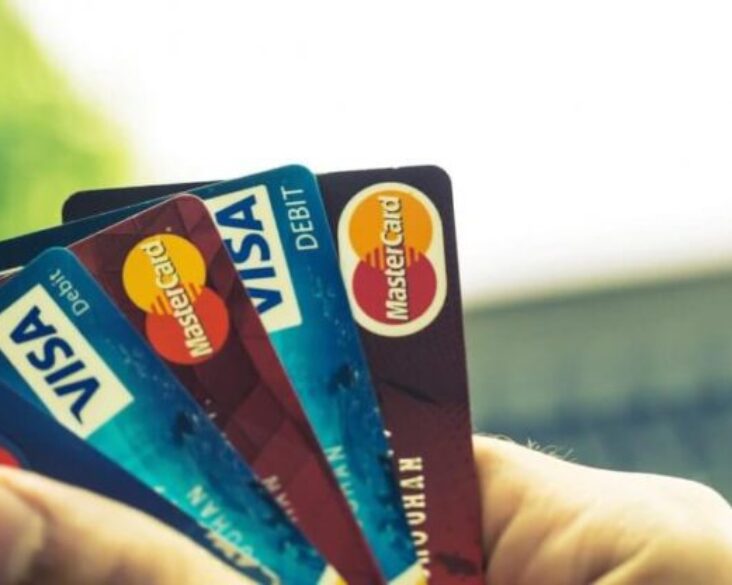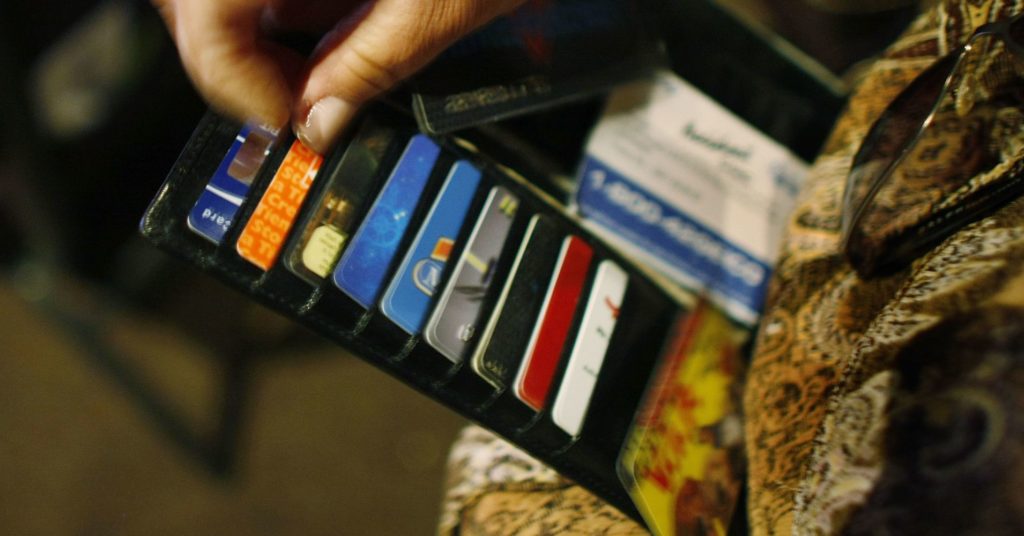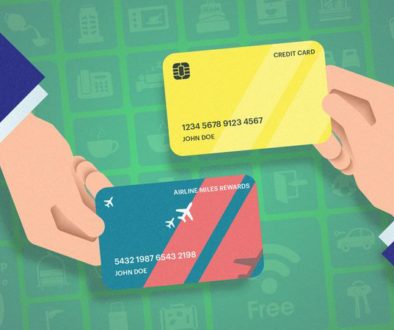5 Ways to Get (Or Keep) a High Credit Score

Last Updated on February 26, 2023 by Jarrod West
Everyone knows that it’s important to maintain a good credit score. It increases your eligibility for loans, allows for lower interest rates, and of course, makes you eligible for all of the best travel credit cards!
This makes it extremely important for you to stay on top of your score. So if you’re looking to increase your score or maintain the great score you already have, here are five easy ways to do just that!
1. Check Your Credit

It is awfully difficult to improve or maintain your credit score if you don’t know what it is in the first place!
Checking your score is actually a lot easier than you may think. Most people get a free monthly copy of their credit score offered directly from their bank, or even a company that you have a credit card with.
If you don’t receive a monthly score from your bank or credit card provider, you can use a website like Credit Karma. Credit Karma is 100% free to use, and while their service offers more of an estimation of your actual score, it’s still helpful for making sure it’s trending in the right direction and to check for errors or account fraud.
2. Always Pay On Time
This one is crucial! Your payment history makes up 35% of your credit score, which is the largest of all five factors. You should be paying your balances off in full and on time every single month.
If, for whatever reason, you aren’t able to pay your card off in full on a given month, make sure you at least pay something — even if it’s just the minimum payment. Nothing will tank your score quicker than missing payments
3. Keep Your Utilization Low

Put simply, credit utilization is the overall amount of credit you use each month relative to your credit limit.
For example, if Alfred owes $500 on his credit card with a $1,000 limit, his utilization is 50% – this is much too high if he wants to keep a good score. Barb on the other hand also owes $500 on her card but her credit limit is $10,000, making her credit utilization just 5% despite charging the same amount of money.
Credit utilization makes up 30% of your credit score, so you want to make sure you’re not running your balances up too high each month, and aim to keep your utilization below 10%.
If you have a credit card with a low credit limit, it can feel virtually unavoidable to not have a high utilization each month. As explained in the example with Alfred, just a charge of $500 shoots his utilization up to 50%. So what can you do to avoid this?
All you need to do is prepay part of your balance before the statement posts each month. If Alfred makes his $500 charge on the 8th, but his statement closes on the 21st, and he makes a $400 payment on his card before the statement post date, his reported utilization will be just 10% instead of the original 50%.
So, if you have a low credit limit, submitting payments early can greatly benefit your score.
4. Don’t Close Accounts With A Long History
Another large factor of your credit score, making up 15%, is the average age of all of your credit accounts.
When you’ve got a card in your wallet that you no longer use, it can be tempting to just cancel it so that you no longer have to keep track of it. But you should keep it open!
Each month you keep your credit card account open and active, your average age of accounts improves. Credit lenders like it when people have a long history of using credit responsibly. So that first credit card you opened 5+ years ago that you no longer use, is actually the backbone of your credit score!
On the other hand, if the card is a rewards card that charges an annual fee, and you’re not getting much value from it, you should consider downgrading it to a no annual fee option or canceling if you can’t downgrade. But only if you already have multiple other credit cards open that each has a relatively long credit history.
5. Pay Off Debt and Avoid Unnecessary Spending
If you’re currently carrying a monthly balance on one or more of your cards, then you need to get those paid down as soon as you possibly can. Not only are you costing yourself extra money each month in interest, but you’re also adversely impacting your credit utilization — which hurts your score.
Along those lines, you also want to make sure to avoid any unnecessary spending, especially if it will drive your balance up to more than you can afford to pay each month. If you pay any debt down, and keep your spending in check each month, you’ll be in great shape!
Final Thoughts
All in all, it is incredibly important to stay on top of your credit score, but you don’t need to obsess over it either. Just make sure you keep tabs on your score, pay your balances on time and in-full, keep your utilization low, keep your cards open, and avoid debt or overspending. If you do all of those things you’ll be on your way to a great score!


